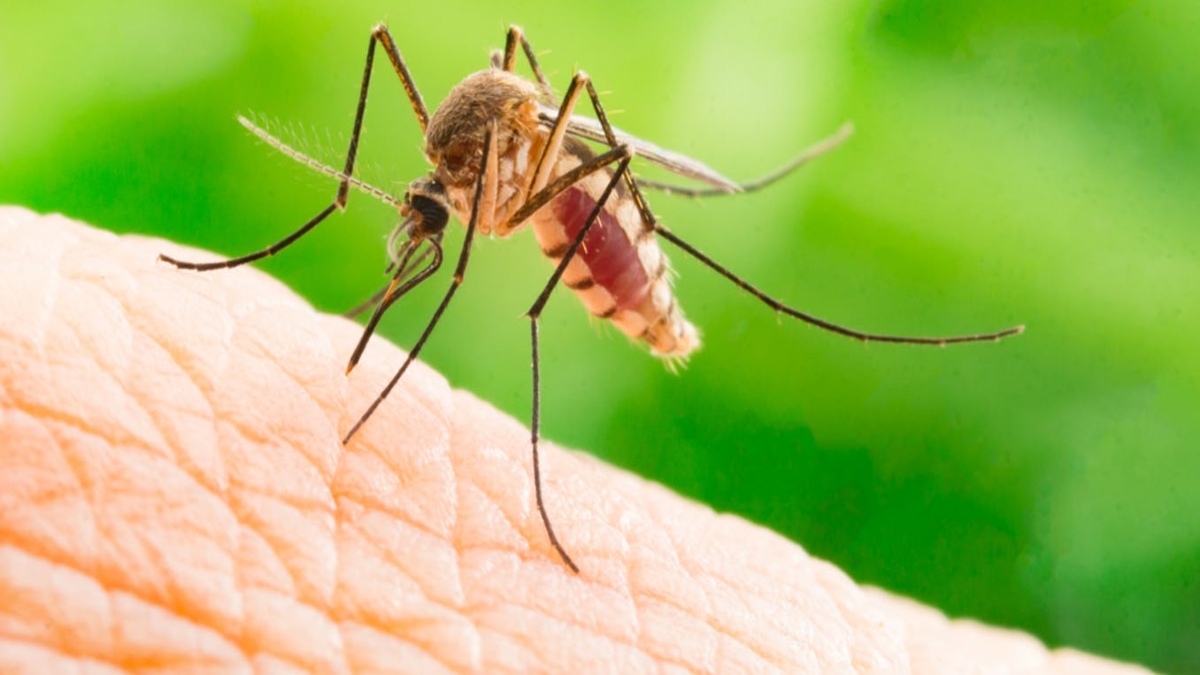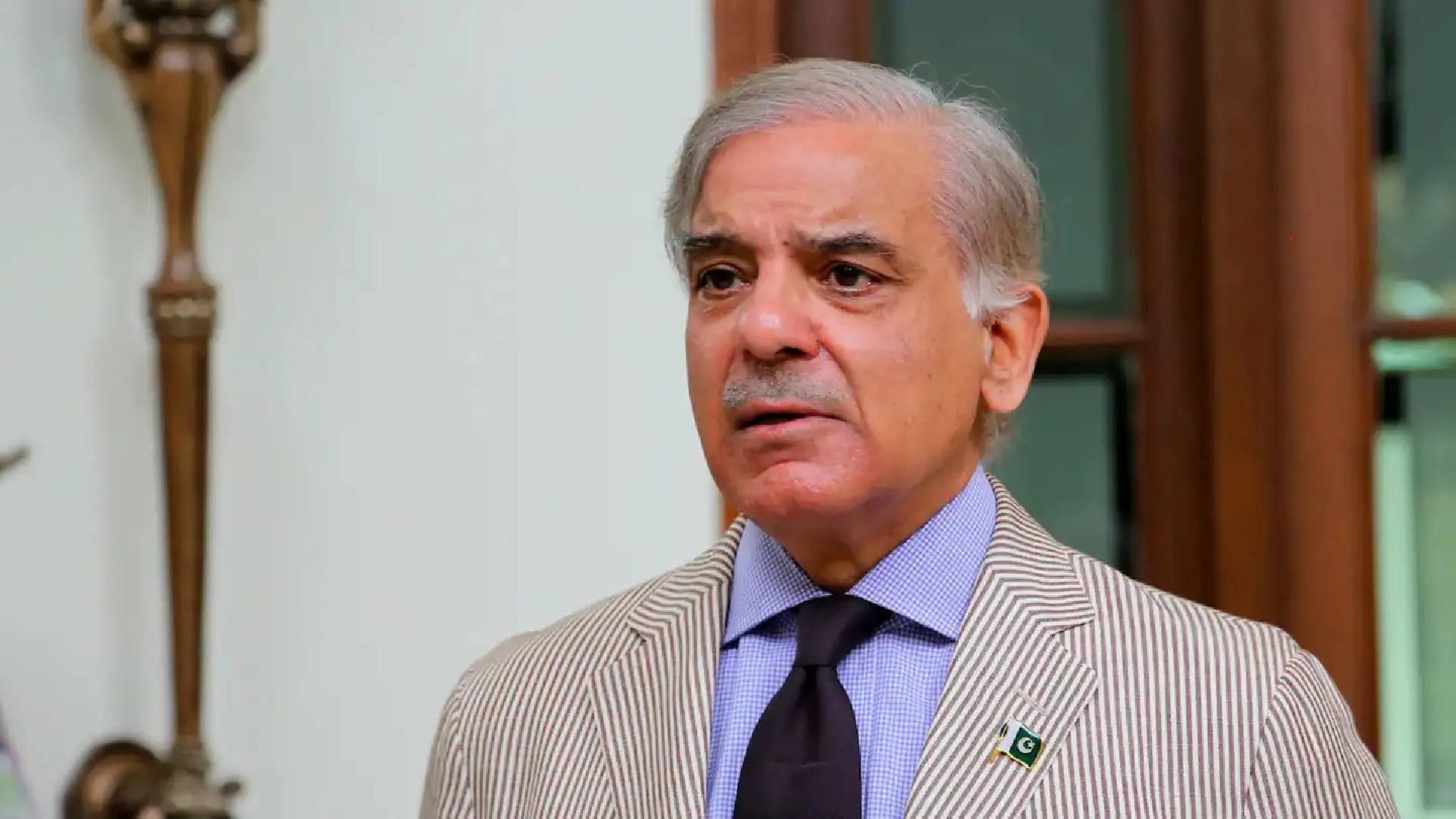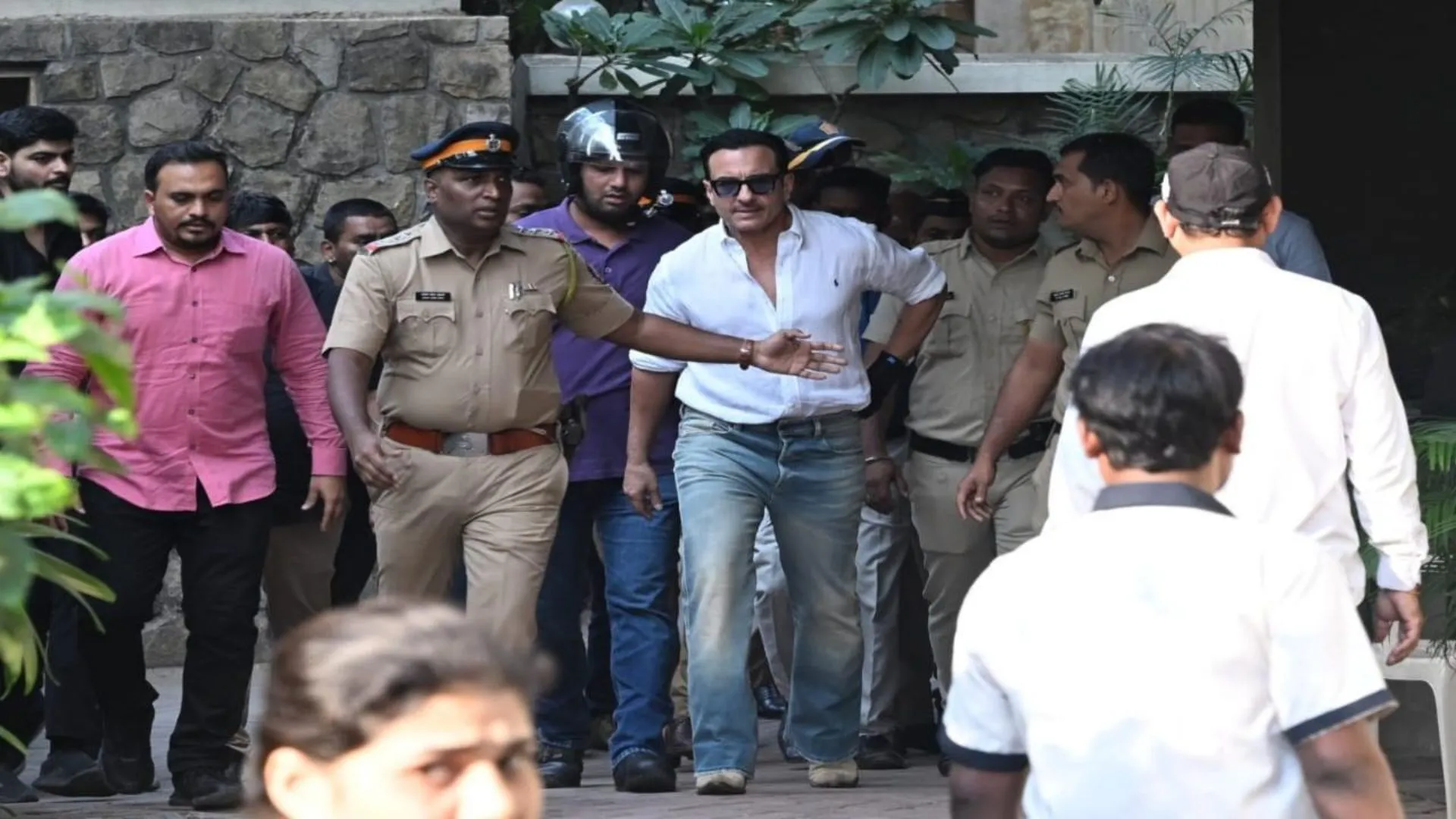A total of 480 dengue cases were recorded this season till October 9, as per the civic report on vector-borne diseases released on Monday, the national capital reported the highest number of Dengue cases since 2018 for the same period.
Speaking to ANI, Suresh Kumar, Lok Nayak Jai Prakash Narayan Hospital Director, said, “We are seeing that from the past 8-10 days, many cases of dengue are being reported. 15 patients are admitted to our hospital who are dengue NS1 positive. Along with them, there are 15 patients whose reports are awaited. Certainly, the cases of dengue have been increased. It could have 2-3 reasons.” He further explained, “The first could be that this time monsoon period was long. The second is that the viral transmission changes every 2-3 years. So, this time the cases are more compared to last year. This happens as a natural cause of the Dengue virus. When the virus has to survive in the atmosphere then mutation takes place. It is a part of the process.
“Every 2-3 years, a new virus is created or mutation takes place in it. This time, most of the cases are either mild or moderate. No severe case is there. LNJP has reported no deaths till now. The good thing is there is no such requirement for platelets and the patient is getting well without platelets in 4-5 days,” he added.
Dr Rajni Khedwal, Medical superintendent, Swami Dayanand Hospital said, “The season of dengue is from mid-September till mid-November. In our hospital, there is an increase in Dengue cases in the first week of October. Till now, we have 138 suspected dengue cases out of which 47 are confirmed cases and 1 death has been reported. If you’ve noticed, dengue has shown a cyclic pattern. Every 3 years, there is a surge in dengue cases. The same pattern is being followed this time as well. This time more cases are being reported.”
Dr Adarsh, nodal officer, vector-borne diseases, Swami Dayanand hospital said, “When the monsoon gets over, water becomes stagnant and it leads to increase in dengue cases. Also, temperature also becomes prominent for a surge in dengue cases. Whenever you’ll see the end of the monsoon, there will always be a rise in dengue cases. What we can do is prevent it. What we have to do is to not allow water to stagnate.”
Speaking about the prevention of the disease, he said, “To prevent it, we need to wear full sleeves clothes. Along with it, we must apply mosquito repellent cream especially at the time of morning and evening. The dengue mosquito generally bytes in the morning or the evening.”
Describing vector-borne diseases, he said, “Dengue, chikungunya and malaria are considered as vector-borne diseases. Fortunately, cases of chikungunya have not been reported. Around 15 cases of malaria have been reported in our hospital,” he added.























